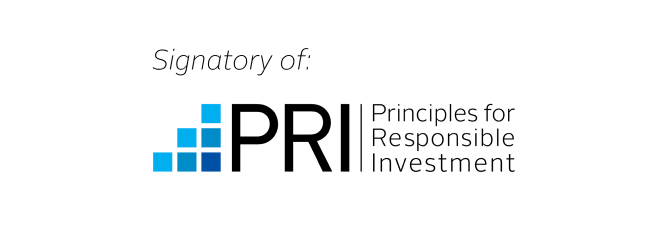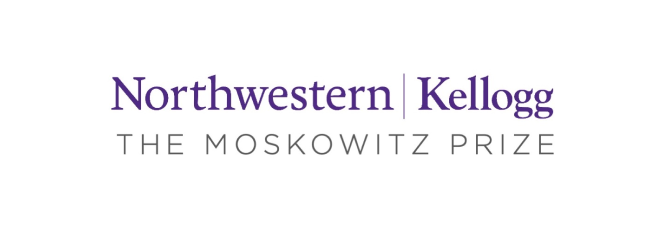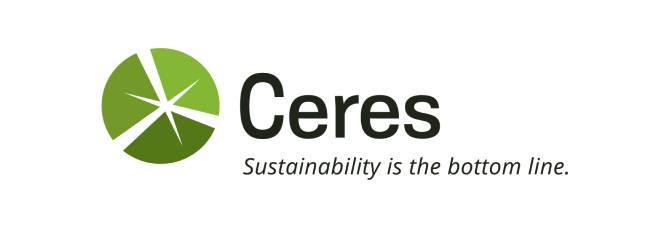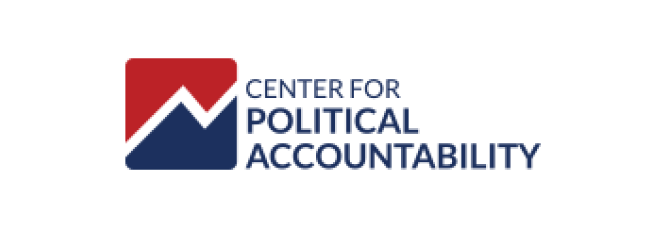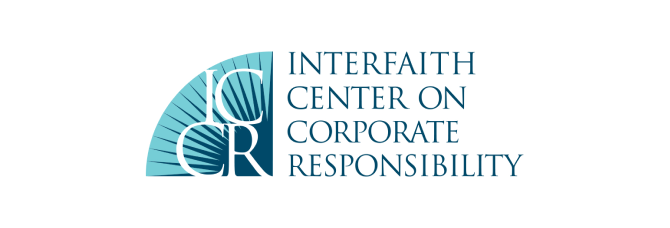Through our investing approach, issue research and outreach, and thought leadership, we seek to have a positive impact on people and the planet.
Sustainable and Responsible Investing
Impact Investing
Issue Research and Outreach
Thought Leadership
Sustainable and Responsible Investing
At Bailard, we strive to build sustainable and responsible investment portfolios to align our clients’ values with their financial objectives. Our intention is to build portfolios that perform better on environmental, social, and governance (ESG) metrics than their benchmarks, and that avoid companies with egregious patterns of corporate behavior. Our process combines our proprietary ESG Capture® scoring framework with suitability assessments as well as product and industry screens. Our aim is that our portfolios do less harm to society and the planet, while also reducing exposure to long-term financial risk and providing market-rate returns.
ESG Capture®
We utilize a proprietary scoring framework called ESG Capture® to evaluate a company’s performance on a variety of social, environmental and governance metrics. Our ESG Capture® process allows us to mitigate exposure to risks including climate change; poor corporate governance; undisclosed political giving; poor performance on diversity, equity, and inclusion; and more – while also pursuing investing opportunities in the companies performing well on, or providing solutions to, these problems. ESG Capture® is tailored to individual strategies to address each strategy’s unique investible universe. We use this information in the building and managing of our portfolios to incorporate leaders and avoid laggards.
Product & Industry Screens
For some strategies, we remove companies from our investable universe based on how their products and industries align (or don’t align) with the portfolio strategy. Many of our strategies screen out investments in private prisons, alcohol, tobacco, gambling, adult entertainment, and weapons. In addition to including the above screens, certain strategies are also extraction- and fossil fuel-free, while others are specialized to address particular issues, like animal welfare.
Suitability Assessments
Determining a company’s suitability for a particular strategy is key to balancing our client’s social, environmental, and financial objectives. Our Suitability Assessments go beyond the company’s ESG scoring and product and industry involvement, to incorporate controversies, peer benchmarking and a qualitative assessment by our SRII team. The Suitability Assessments provide a consistent framework to aide the recommendation on which Bailard Sustainable, Responsible and Impact Investing strategies would be appropriate for ownership of the security in question. Suitability Assessments go beyond basic responsible and sustainable investing and screening approaches, with the goal of leading to better alignment between companies and the values built into the strategies in which they’re owned.
Impact Investing
Bailard also offers impact investing strategies, which aim to have a positive impact on society and the planet while providing a return on capital. Clients who choose to make impact investing a part of their overall investment mix will have the opportunity to make a positive social and environmental impact by providing direct investment to companies and projects that align with their values – examples include renewable energy, decarbonization, diversity and inclusion, job creation, and affordable housing. Our impact investing strategy options include direct investments in both debt and private equity vehicles, as well as our own public equity impact investing strategy called Bailard Broad Impact.
Issue Research and Outreach
As a shareholder, Bailard participates directly in dialogue with companies on responsible and sustainable investing issues, often alongside other shareholders and with the support of shareholder and stakeholder advocacy organizations. Much progress is often made through such dialogues. When a company is unresponsive to dialogue, Bailard may work with our partners to file a shareholder proposal to go to a vote as a resolution at a company’s annual general meeting.
Issue Research and Outreach UpdateQ4 2024
Each year, we strive to deliver an update on our issue research and outreach efforts — from those we conduct on our own to those we conduct with our partners.
Shareholder Advocacy
As a shareholder, Bailard participates directly in dialogue with companies on ESG issues, often alongside other shareholders and with the support of shareholder and stakeholder advocacy organizations. Much progress is often made through such dialogues. When a company is unresponsive to dialogue, Bailard may work with our partners to file a shareholder proposal to go to a vote as a resolution at a company’s annual general meeting.
Proxy Voting
We vote our clients’ proxies in a manner that is aligned with our Sustainable, Responsible and Impact Investing approach.
Stakeholder Relationships
Bailard is a member of and/or involved with a variety of shareholder and stakeholder organizations, including: As You Sow, CDP, the Center for Political Accountability, Ceres, the Interfaith Center on Corporate Responsibility (ICCR), and the Principles for Responsible Investment (PRI). Issues covered by these organizations include: climate change; deforestation; water security; political giving; diversity, equity, and inclusion; human rights; health; corporate governance; and more.
All trademarks, logos, and brands are the property of their respective owners. Ceres®, the Ceres Logo, and SUSTAINABILITY IS THE BOTTOM LINE are trademarks or registered trademarks of Ceres, Inc.
Thought Leadership
At Bailard, we use thought leadership to illustrate the importance and relevance of the issues raised in our Sustainable, Responsible and Impact Investing and issue research and outreach work. We produce and leverage our independent research, written pieces, and media engagement to that end.
Nuclear Energy Issue Brief
As climate change threatens the natural world and the viability of the capital markets, the tone around nuclear energy has started to change. It has even garnered bipartisan and Wall Street support, shifting investors’ attention towards this sector.
So, does nuclear energy provide a low-emissions solution to rapidly rising energy demands? Or does it distract investors from the stronger opportunities in renewables?
Fast Company, “Your thinking about ESG is all wrong. Here’s what it’s really about”
Blaine Townsend, director of Bailard, Inc.'s SRII group says attacks on ESG lean heavily on false economics and myths.
ESG Clarity, “War and peace: Where does oil fit in?”
Don't blame renewable energy proponents for the economic consequences of cutting off Russian oil
From SRI to ESG: The Origins of Socially Responsible and Sustainable Investing
While it is well known that ESG scores tend to have a size bias which favors the larger companies among the universe of large capitalization stocks – does this bias exist in the small cap space?
Responsibility in Business Does Matter
In the spring of 1972, the heads of Alcoa, General Motors, and U.S. Steel formed Business Roundtable (BR) – a not-for-profit trade organization for big business in America.
The Long Road to Standardized Environmental Reporting
Beyond Political Parties: Environmental Issues are Investor Issues
Past performance is no indication of future results. All investments have the risk of loss. There is no guarantee any Bailard account or strategy will achieve its investment objectives. The application of various environmental, social and governance screens as part of a socially responsible investment strategy may result in the exclusion of securities that might otherwise merit investment, potentially resulting in higher or lower returns than a similar investment strategy without such screens.
